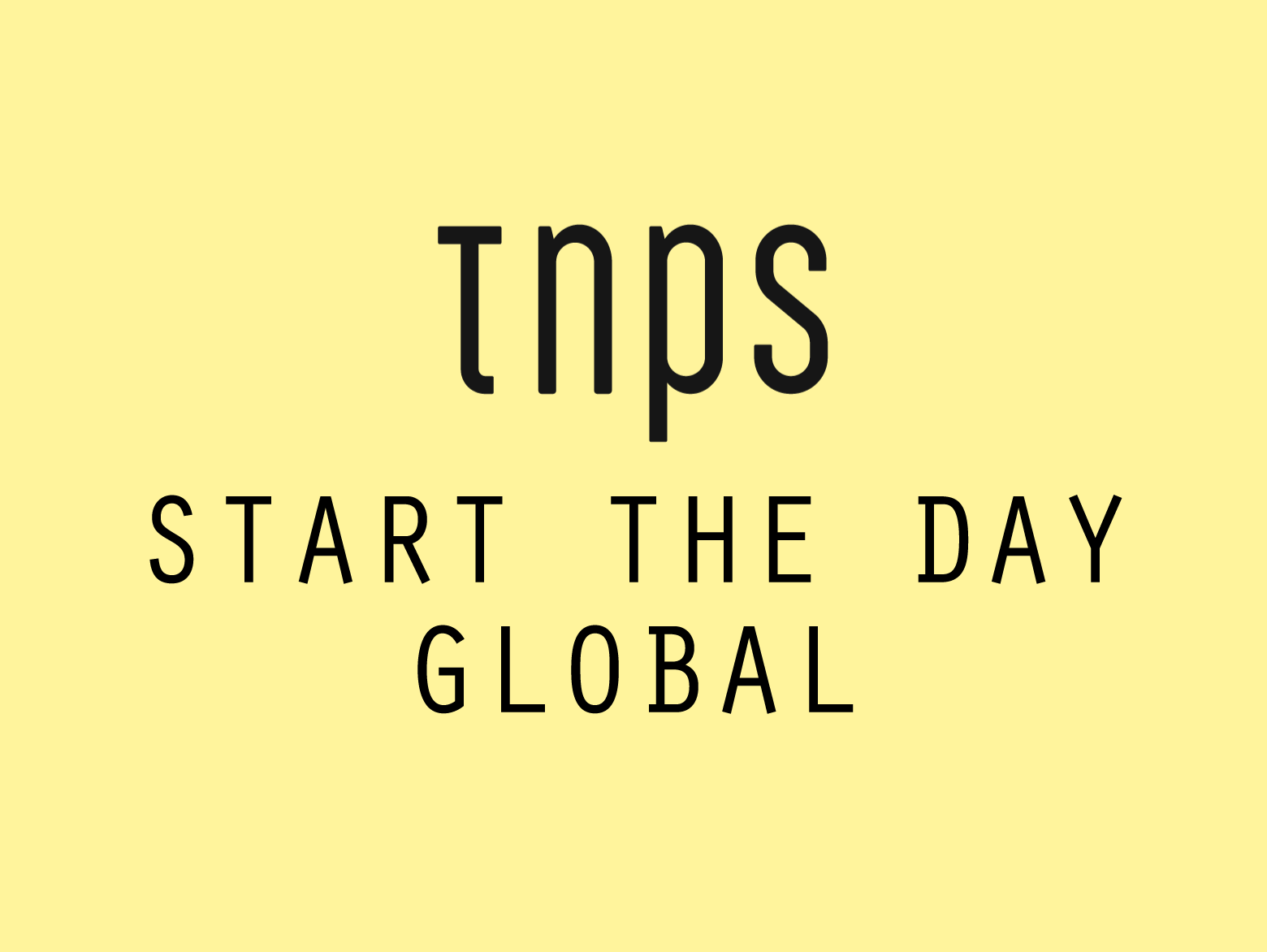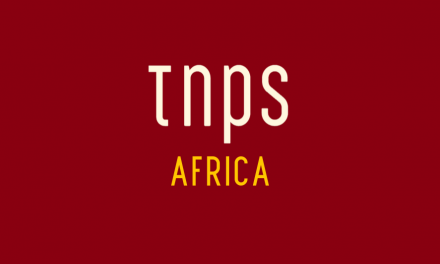Table of Contents
We’re into our second year here at TNPS and rolling out a new feature, Start the Day Global, which will be a ragbag of international stories that pass my desk each day that I don’t have time to devote a dedicated post to.
Here’s today’s curation.
It was World Literacy Day earlier this month, and this headline caught my eye:
World Literacy Day: UAE aims to boost Arabic literacy
Moza Al Ali loves to read in Arabic, but her appetite for the language is unusual for someone her age.
At the age of seven she began to collect the popular children’s magazine Atfal 999.
Now age 13, she has turned to English-language manga, a Japanese-style comic, after failing to find any interesting material in her native tongue.
I’ve covered the Arab markets many times here at TNPS and won’t rehearse those arguments again here other than to say some of the world’s biggest book fairs and festivals happen in the Arab lands, and several in the UAE itself.
What I will do is just repeat that last paragraph from the quote:
Now age 13, (Moza) has turned to English-language manga, a Japanese-style comic, after failing to find any interesting material in her native tongue.
It seems to me that, aside from the obvious issues of publishing and distributing affordable and accessible books in nascent markets like these, the biggest challenge in the emerging markets seems to be providing content people actually want to read.
But let’s move on to India, where the CEO of HarperCollins India, Ananth Padmanabhan, is interviewed on the Juggernaut blog. It seems HarperCollins India is publishing what people want to read.
In the battle between paperback vs ebook, books win: Ananth Padmanabhan
HarperCollins has put its entire catalogue on the Juggernaut app as the publisher looks to expand its digital reach in India.
Padmanabhan: People are reading more ebooks, and for HarperCollins in India, we are seeing a steady increase in sales for our bestsellers, especially, and across the board too.
Check out the full interview for further insights into one of the most exciting publishing prospects on the planet. And watch out for an imminent TNPS post updating the wider India digital scene. The numbers will astound you.
To Africa next and another interview:
African Literature through the Lens of Ken Walibora
Kenyan Writer, Speaker and Media Personality, Ken Walibora, in this interview talks lucidly on African Literature, themes, writing in indigenous languages and the secret behind his literary success.
Okay, so TNPS is not about individual authors, no matter how successful, but this is worth reading for the wider insights, and especially the discussion on indigenous languages (a subject I’ll be tackling frequently here). And if you’re tempted to check out some of Walibora’s books, that’s a bonus.
Next we head to the UK, where that hoary old myth about declining ebook sales rears its ugly head, but with a twist.
Oldcastle Books launches digital-only genre fiction imprint
Despite the widely reported flat-lining of the e-book market … It has proved to be a significant revenue stream for Oldcastle Books … with some 50% of its revenue coming from digital in recent years.
Yeah, it’s funny how all these publishers are raking in the cash from ebooks while at the same time print sales are holding steady and audiobook sales are soaring.
A reminder that it’s not an either / or marketplace. Nor is it a shrinking market.
From the UK to neighbouring Ireland, where the kerfuffle about the Amazon CreateSpace book being shortlisted for a prestigious French literary prize gets an Irish perspective.
Don’t shoot the indie author: an Irish take on France’s book prize row
Here just a reminder that while this story has made the mainstream media in the US and UK it was TNPS that first broke the story in English, thanks to our French colleagues over at Actualitté.
Back to India next, and the tea plantations.
NGO plans books for tea tribe children
A leading NGO, in collaboration with the Unicef, is planning to develop illustrated storybooks in Assamese.
NGO Anwesha, with Unicef, will develop ten illustrated books through local workshops, the first of which kicked off last week.
Not much information available on this story at this stage, but this is an exciting development, and one we might want to think of next time we make a cup of tea.
Finally for today we travel to Nigeria in West Africa, where this headline will be sure to have you reading more.
This Nigerian woman was the first African woman to publish a novel and run a publishing house
We all know the challenges women faced getting published in the west. While Sappho may be regarded as the first woman author, back in the sixth century BC, in modern times Anne Bradstreet in 1678 probably best deserves the title.
A century and a half later women like Mary Ann Evans were having to write under male pseudonyms just to get published. Evans of course best known as Robert Galbraith. Or was it George Eliot?
But it was not until the 1960s that Nigeria’s first woman author was published.
In 1962, Heinemann Books, a publishing firm from the United Kingdom set up a branch in Africa to publish African writers and give them international exposure.
The project, known as the African Writers Series, went on to have a massive impact on the development of African literature. The first book published under the series was Chinua Achebe’s Things Fall Apart in 1962, but it took four more years for the firm to release a book by the first female writer.
That would be Nigerian teacher Ogbuefi Florence Nwanzuruahu Nkira Nwapa Nwakuche, who considerately wrote under the pen name Flora Nwapa, and who became the first African woman to have a novel published.
Nwapa went on to set up her own publishing outfit, Tana Press, in 1974.
Today Nwapa is regarded as the Mother of African literature and women’s writing.





